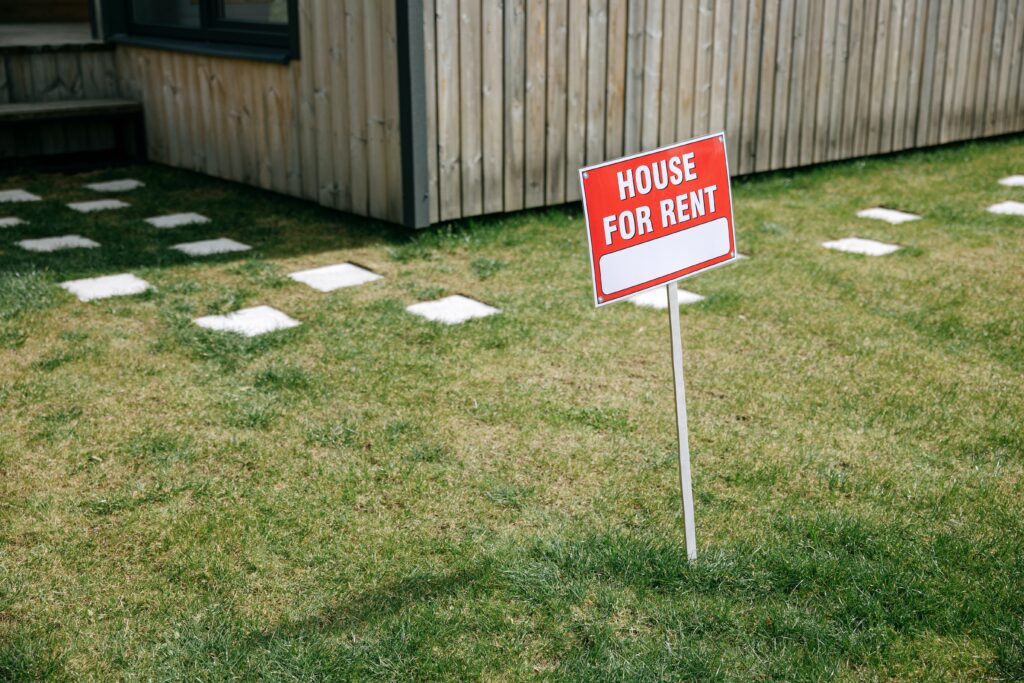Income-generating real estate has always been a key pillar in creating wealth. Putting your tax-advantaged Solo 401k account to work can be a strong step forward in securing your retirement future. Whether it is a local or out-of-state rental property, rentals have proven time after time to be a successful asset choice for investors with a Solo 401k plan.
Rental investments in your hometown are not always the most practical or pay the highest return on investment. The cost to purchase local real estate might be prohibitively high, the rental market might be weak, the local economy might be faltering, or one of many other reasons can make local real estate investing less than desirable. None of that means you can’t be a successful rental investor. Learning the ropes to become an out-of-state rental property investor opens up a world of possibilities, including affordable and thriving rental markets. A lot of investors are opening their eyes to profitable long distant opportunities.
How to Begin Your Search for Out-of-State Rental Property
Holding out-of-state rental property in your Solo 401k can be intimidating and carry unique risks; however, it can also help to greatly strengthen your investing strategy and improve your overall return on investment. The place to begin is right where you are now sitting by identifying the specific type of return that you want and then choosing a market that is most likely to deliver your desired results. Are you looking for a property that yields the greatest monthly cash flow? Do you prefer a higher projected appreciation? Depending on your goals, you can identify the best states to invest in real estate that is best suited to your goals.
First-time home buyers and seasoned investors alike begin their online real estate search. There are well-established websites such as Zillow and Trulia for national data and searches. You can begin with broad search parameters in your preferred market and then move to gather detailed information about specific homes by searching the address and area online. You will be surprised how much housing data is available for free on the internet. Another option is to search Roofstock, a real estate website with features geared towards investors. The platform allows you to review annual returns, cap rates, and more.
At the 30,000-foot level, research the national real estate price indexes for the region you are considering, and then go deeper. Learn the factors that make a particular region attractive to investors. This could be a strong jobs market, a college town, a medical center hub, or something else that will keep the local economy thriving for many years to come. Also, look for data that shows rental trends and fluctuations over time. There isn’t much that you can’t learn with the internet at your fingertips.
Once you have narrowed your search down to specific towns and neighborhoods, you can contact a local real estate agent to gain full access to the Multiple Listings Services (MLS). Here you will find a wealth of current information on your target market. Local agents should also be able to share detailed information with you about the pros and cons of the local rental market.
Self-Managing Rentals From Out of State

With all of the methods we have to communicate these days, managing an out-of-state rental property does not have to be complicated. As with any rental property, you want to get and stay organized with your paperwork. A rental property generates an amazing amount of paperwork, and staying organized is important to avoid becoming quickly overwhelmed. Tenant applications and screening reports, leases and rent payment receipts, bank and credit card statements, mortgage payments, property taxes, and bills from different service providers are just some of the documents that need to be read, sorted, and stored.
To help stay organized, you might consider rental property financial management software that automates income and expense tracking. One solution is an online organization and storage system for real estate documents that lets a landlord quickly and easily generate personalized financial reports like income and cash flow statements.
Another priority is getting to know the state’s landlord-tenant laws to prevent costly legal issues.
You’ll need a ‘go-to’ list of trusted service people. Local real estate agents can be a good reference source to find handymen, electricians, plumbers, and HVAC contractors that are cost-effective and reliable service providers. Some investors prefer to connect with smaller Mom-and-Pop businesses, while others opt for larger companies. Be sure to understand how quickly a provider can respond to a request and how after-hours pricing works because problems have a sneaky way of occurring at the worst possible time.
Don’t become complacent once your Solo 401 invests in an out-of-state rental property. You need to monitor the distant real estate market regularly. Real estate is always local. Just because you are up to date with your hometown rental market doesn’t mean the out-of-state investment is performing similarly. You want to know if rents are skyrocketing in the region just as much as you want to know if a major employer has announced a plant closing or that a big round of layoffs is coming. Some of the best ways to keep up on what’s going on in the real estate market where an out-of-state rental property is located are by reading and watching the local news online, following real estate bloggers in the market, and networking with local real estate investor clubs on Facebook, BiggerPockets, or REI Networking.

Whether you take an occasional trip to do it yourself or hire a professional, your out-of-state rental property needs to be periodically inspected. You want to identify and repair minor problems before they become major expenses. You also want to ensure that the tenant is taking care of the house and abiding by the terms and conditions of the lease. Contact a few local home inspection companies to see if they provide a quarterly or semi-annual service for conducting a routine home inspection to check on maintenance issues. Hiring a real estate bird dog to drive by the property now and then, including evenings and weekends, may be an effective way to inspect the outside of the home without disturbing a tenant. The neighbors next door or across the street are also interested in your out-of-state rental property being maintained and having good tenants. Neighbors may be more than willing to keep an eye on the property and give you a call if anything seems out of order. If the home is located in an HOA, regularly checking in with the association can be another good way to learn if a tenant is taking care of the house and being a conscientious community member.
Another option for managing out-of-state rental property is hiring a professional property management company.
A Property Management Company Could Be Your Best Solution
A good property manager will take care of the day-to-day issues, allowing you to focus on scaling and growing your rental property portfolio. Your goal with any rental property is to keep management costs at a minimum. That is how you drive up profits. With that said, going with the lowest-bid property management company probably won’t deliver the services you expect.

You want to get to know a fair amount about a property management company before making a hiring decision. It takes some strong and unique skills and processes to perform all of the tasks you will expect — attracting and qualifying quality tenants, handling big and small repairs, resolving conflicts, keeping scrupulous financial records, and much more. These people might be collecting your rent money, so you want someone that you trust. A couple of unique property management skills that you might not have thought about are running comparables to set the right rent price and ensuring that local and state landlord-tenant and fair housing laws are being followed. Paying a reasonable fee for a high-quality property management company will probably save you money in the long term.
One risk when using a top-notch management company to oversee your out-of-state rental property is that you could be lulled to sleep because everything is running smoothly. Don’t let that happen. It’s still your Solo 401k that owns the property and is ultimately responsible for profits and problems alike. Communicate often with the property management company and thoroughly review the statements they send. Make sure you get copies of all important paperwork related to the investment, such as every signed lease and every bill your Solo 401k pays about the property. Whether you do it yourself or hire a third-party professional, you want the out-of-state property to be inspected periodically. Don’t rely only on paperwork to keep you well informed about what is going on with the investment. In addition to scheduled inspections, there are good times for in-person inspections when the house has sat vacant for more than a month and when major renovations are being done.
Managing a rental property out of state can be challenging, but it’s also doable when an investor takes the time to plan. Whether you are investing in your first rental property or you are adding to an established portfolio, buying out-of-state rental property can be a smart strategy. By choosing an area where you can get a higher return on your investment, you can grow and diversify your portfolio quickly, but you need to account for everything. Conducting thorough research, implementing strong property management that you trust, and always letting the numbers guide your decision-making are key ways to mitigate risks and ensure that your out-of-state rental property is a solid investment.
Set Up Your Solo 401k for Tax-Advantaged Real Estate Investing
You can invest your Solo 401k funds into houses, condos, raw land, mortgage notes, and more! Let the gains, rents, and profits return to your Solo 401k without taxation. Our Unlimited® Platform allows you to invest in virtually any real estate deal, whether it be a local rental home, an out-of-state rental property, a bargain at the foreclosure auction, or a syndicated “insider” real estate development.
Real Estate has long been the darling of the self-directed investing industry.
Opening your Solo 401k involves very little work for a ton of benefits. Act Today by Booking a Free Call with One of Our Experts.





